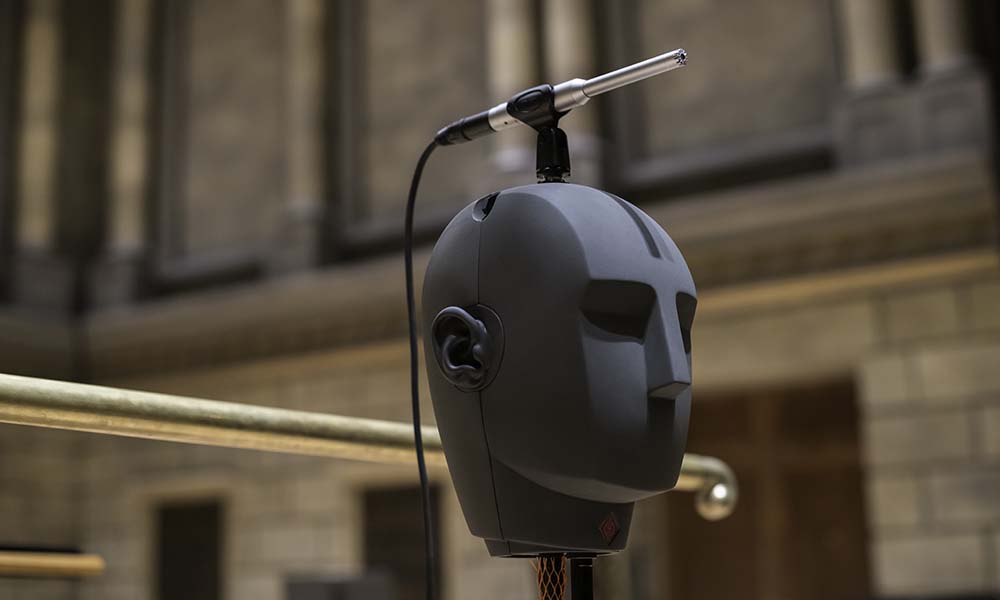
Sensory processing—in a virtual Kodak Hall
A multidisciplinary team from Arts, Sciences & Engineering and River Campus Libraries builds a virtual reality replica of Kodak Hall to be used in studies of how the brain processes light and sound.
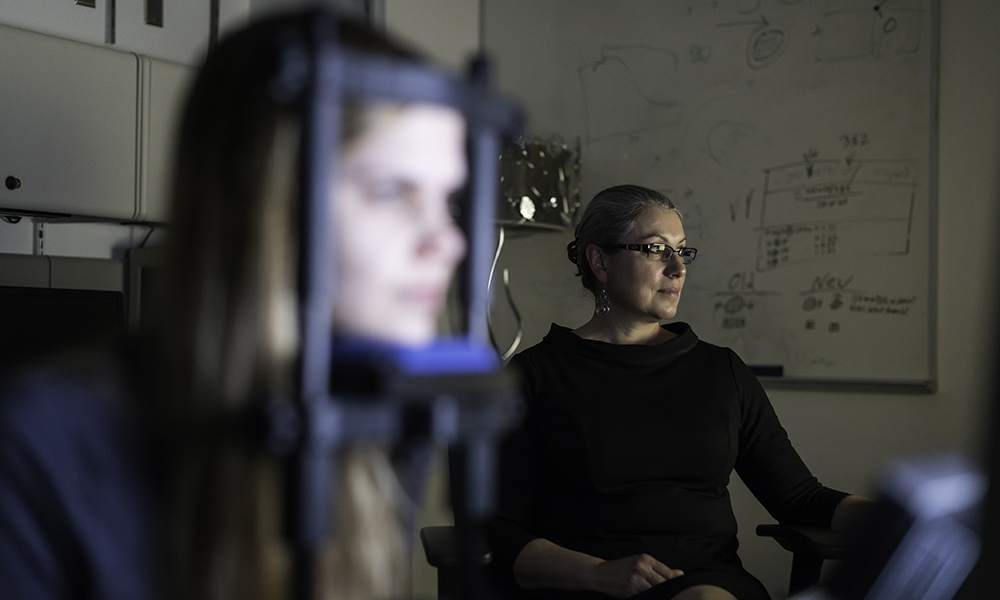
‘Time is vision’ after a stroke
A person who has a stroke that causes vision loss is often told there is nothing they can do to improve or regain the vision they have lost. A new study offers hope for stroke patients who have suffered vision loss—provided their treatment begins early.
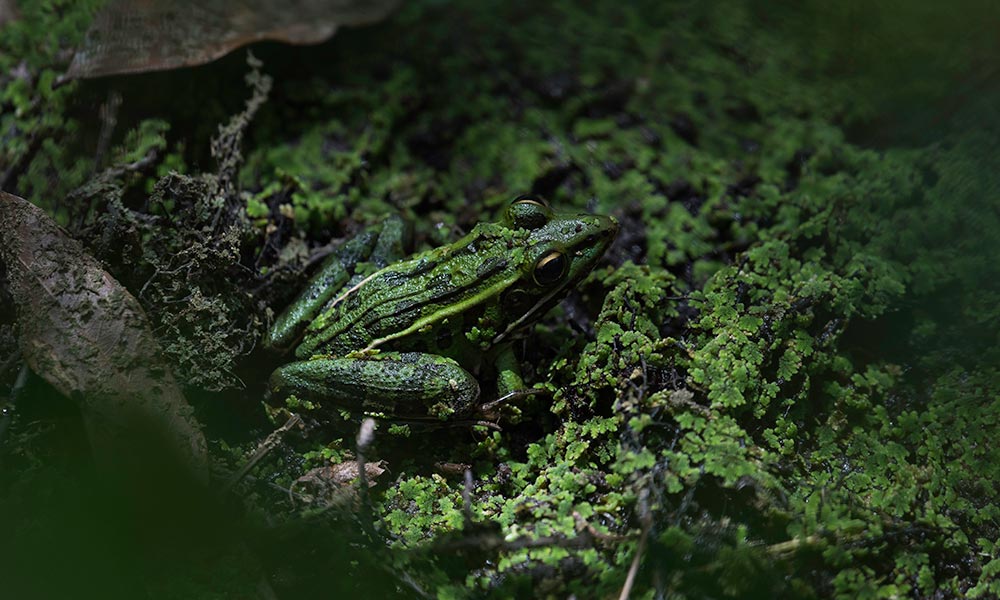
Why can we see moving objects against their backgrounds?
New research from Rochester scientists explores why human beings are good at discerning moving objects and how we can train our brains to be better at this as we age.
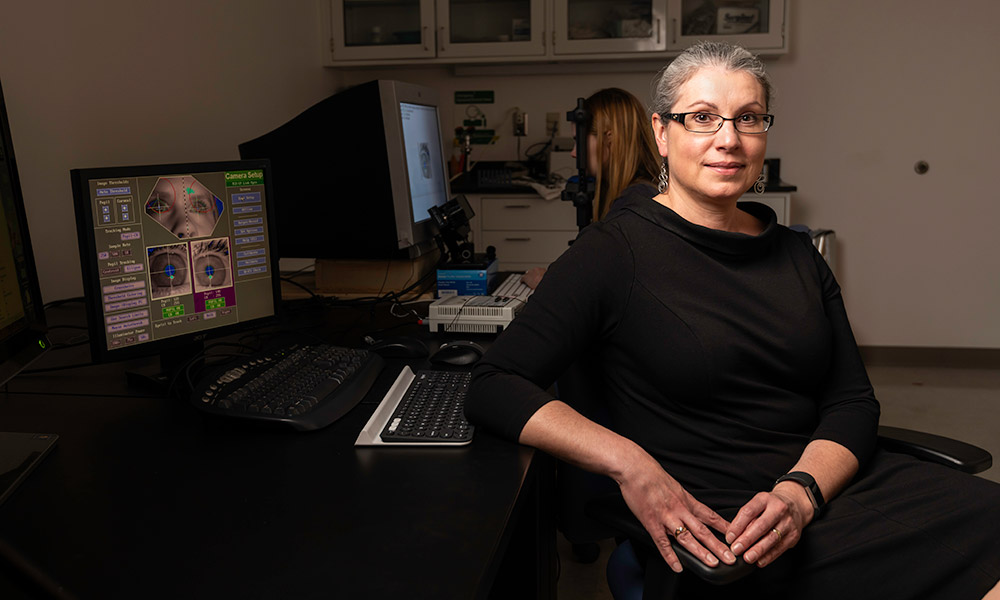
Brain stimulation speeds up visual learning in healthy adults, helps patients re-learn how to see
One particular type of brain stimulation enhances the brain’s ability to process visual information, and may aid in faster vision recovery after a stroke or traumatic brain injury.
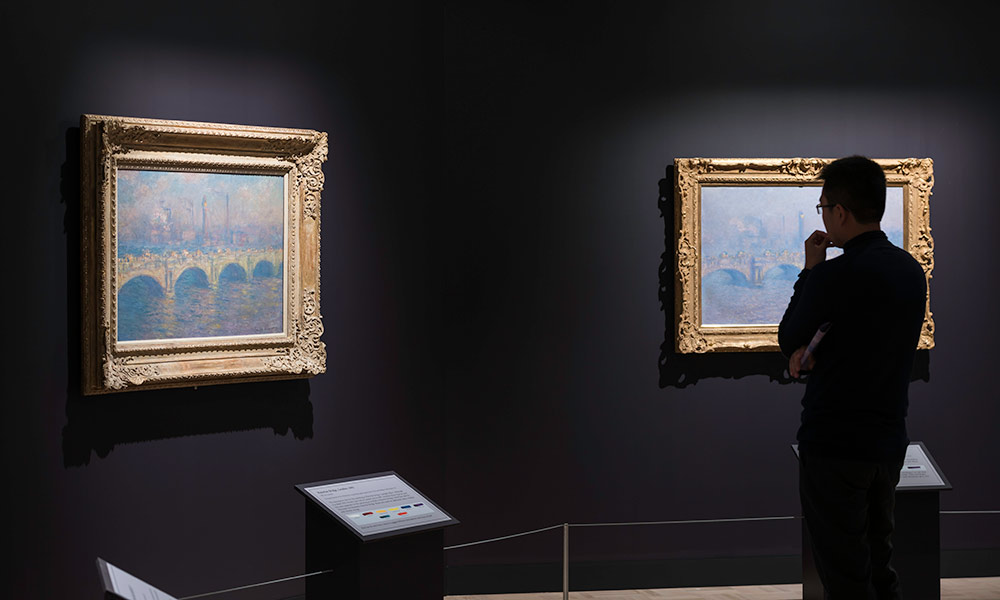
The science of seeing art and color
In each of more than 40 paintings of the same scene—London’s Waterloo Bridge—Impressionist artist Claude Monet manipulates viewer perception in a way that scientists at the time did not completely understand.
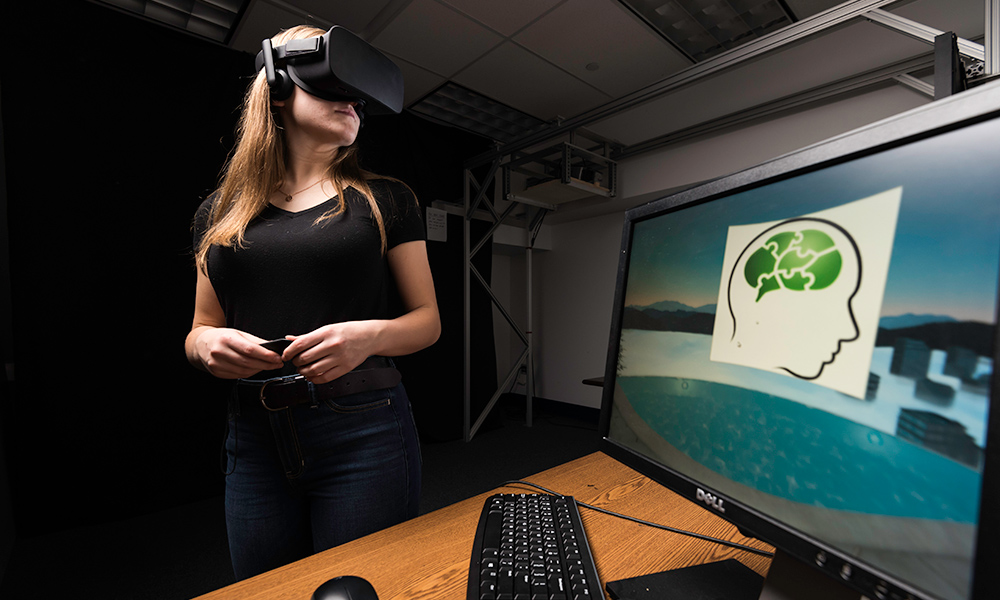
Training brains—young and old, sick and healthy—with virtual reality
Rochester researchers are using virtual reality-based brain training to better understand the brain’s plasticity in athletes who have experienced concussions and older adults with mild cognitive impairments. The goal? Improved therapeutic treatments patients can do at home.
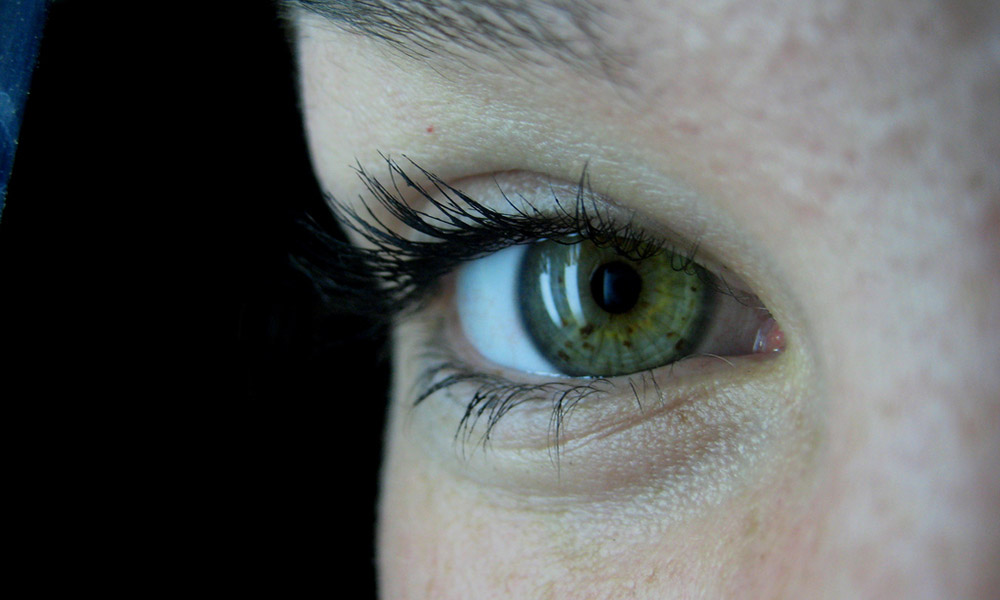
Brain training video games help improve kids vision
A new study by vision scientists finds that children with poor vision see vast and lasting improvement in their peripheral vision after only eight hours of playing kid-friendly video games.

Can we unconsciously ‘hear’ distance?
Because sound travels much more slowly than light, we can often see distant events before we hear them. That is why we can count the seconds between a lightning flash and its accompanying thunder. Now researchers in the Department of Brain and Cognitive Sciences have shown that our brains can also detect and process sound delays that are too short to be noticed consciously, and that we use that information to fine tune what our eyes see when estimating distance.
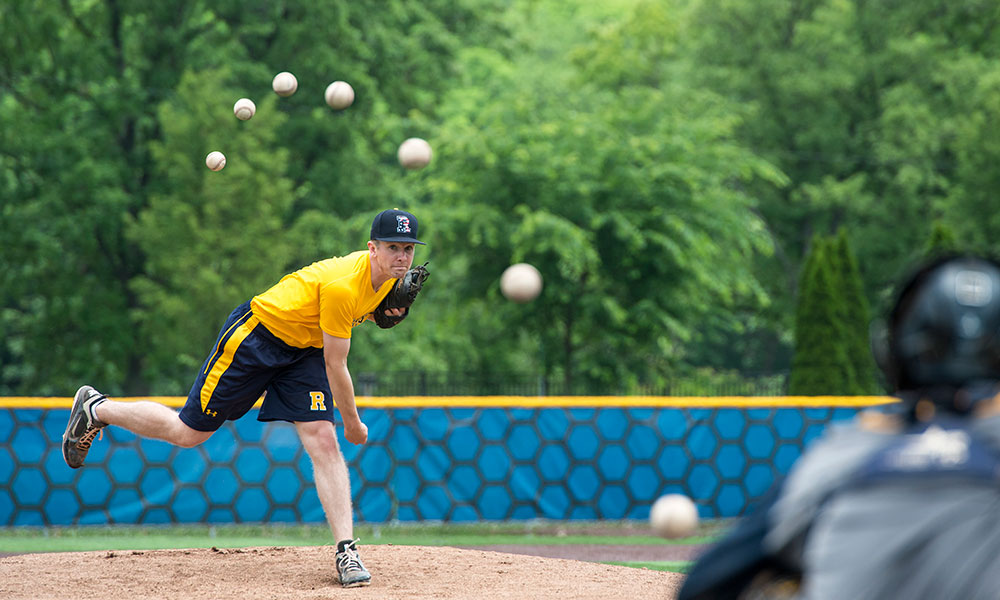
How understanding GPS can help you hit a curveball
Our brains track moving objects by applying one of the algorithms your phone’s GPS uses, according to researchers at the University of Rochester. This same algorithm also explains why we are fooled by several motion-related optical illusions, including the sudden “break” of baseball’s well known “curveball illusion.”
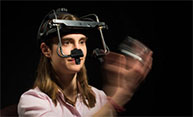
‘Seeing’ in the Dark
The eerie ability to see our hand in the dark suggests that the brain combines information from different senses to create perceptions.
